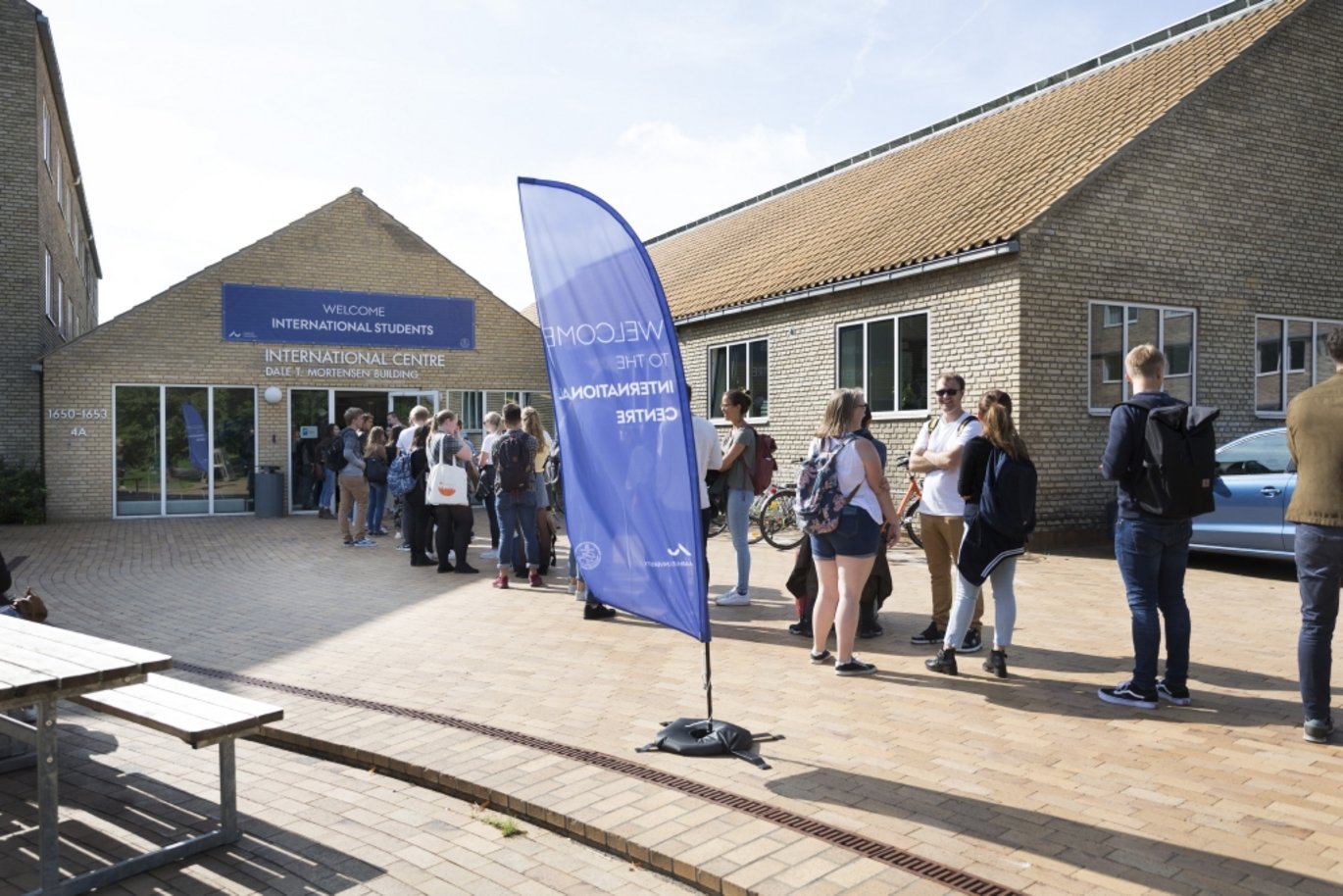AU to create 180 more places on English-taught programmes
Danish universities must admit more international students from this year, and 180 of these places have been allocated to Aarhus University.

There will be room for 180 extra students on English-taught Master’s degree programmes after the summer holiday.
This comes after the Danish political parties behind the Master’s reform recently approved the decision to create 1,000 extra student places at Danish universities.
180 of these places will go to AU, and the same number will go to the University of Copenhagen, Aalborg University, Copenhagen Business School and the University of Southern Denmark. The Technical University of Denmark, the IT University of Copenhagen and Roskilde University have been allocated slightly fewer places.
Pressure is on to recruit internationally
“We are of course pleased that the political winds have changed and that we can once again start admitting more international students. The application deadline for EU citizens is 1 March, so we don’t have much time, but we’ll do our best to attract qualified and motivated applicants,” says Rector Brian Bech Nielsen.
He explains that the majority of the 180 places this year will be offered at Aarhus BSS, NAT and TECH, because these faculties have the most English-taught degree programmes and are best placed to recruit students at short notice. Decisions regarding the distribution in the longer term will be made at a later date.
Focus on retaining students
Rector Brian Bech Nielsen and pro-rector Berit Eika emphasise that recruiting more international students helps to create a more dynamic and diverse student environment on AU’s campuses, and it also presents major benefits for Danish society:
“Several studies have shown that international students have a positive impact on the Danish economy – because many stay here after they graduate and find a place on the Danish labour market. Over the years, we’ve learned a lot about how to increase the chance of this happening – and we’ll put all of this knowledge into play so that, along with employers and public institutions, we can bring even more expertise and global perspectives into the Danish labour market whilst also strengthening the economy.
Berit Eika refers to a number of surveys conducted by the International Office at AU, which show that three factors in particular play a major role when international students decide whether or not to stay in Denmark:
- Contact with Danish employers
- A social and professional network
- Experience with the Danish language
“Based on these factors, it’s important that we take a broader view when helping international students play a larger role in Danish society. We will keep this in mind in our dialogues with business and industry and other stakeholders in society,” says Berit Eika.
She points out that the International Office already offers a range of activities for international students related to the factors mentioned above – for example, a mentorship programme, Danish language classes and the opportunity to take part in social events.
So far, the political parties behind the reform have only allocated extra student places for 2024. The plan is to create 1,000 more places every year until 2028, but the decision on how to distribute these places has not yet been finalised.